Know your care home options (custodial vs. skilled nursing care)
Knowing your care home options begins with understanding the difference between custodial vs. skilled nursing care. The difference is critical because many patients end up unnecessarily in skilled nursing settings.
What is custodial care?
Some examples of custodial care would include help with dressing, bathing, help out of bed, help to the bathroom, incontinence, and assistance for patients with wheelchairs and/or dementia. Alzheimer's patients who have a tendancy to wander usually have only custodial care needs.
What is skilled nursing care?
Some examples of skilled nursing care would be assistance with an i.v. g-tube, tracheotomy, open wound, ventilator; care usually provided by trained skilled nursing staff including registered nurses (RNs), certified nursing assistants (CNAs), or licensed vocational nurses (LVNs).
Is a skilled nursing home the right setting?
The California Little Hoover Commission has estimated at least 30% of all SNF patients have only custodial care needs. It may be that most SNF residents have only custodial care needs since most do not have g-tubes, i.v.'s, tracheotomies, ventilators, etc. Reasons why patients with custodial care needs end up in SNFs vary. Primary reasons may include:
1) most consumers are not familiar with alternative care settings for patients with 24-hour custodial care needs,
2) the assumption that nursing homes (since they have nurses) always provide the highest level of care despite the fact that many community based care settings (see below) have higher staff to resident ratios,
3) many are low-income and medi-cal does not pay for any other care setting
What alternative settings exist for patients with custodial care needs?
Alternative settings include larger assisted living (sometimes referred to as retirement homes) or small residential board and care homes (also referred to as residential care facilities for the elderly or RCFEs). In the case of RCFEs, small family homes with 4-6 residents, staffing levels (1 staff to 2-3 residents) far exceed that found in skilled nursing settings (usually 1 direct care staff to 17 patients). While it is true that nursing homes may provide a higher level of medical care for patients with skilled nursing needs, patients without skilled nursing needs tend to do better receiving care in home-like settings that have high staffing levels. Read here for more in depth information about the different types of care homes.
Community Care Licensing
The Department of Social Services Community Care Licensing Division is responsible for licensing and visiting all the licensed assisted living, residential care facilities, alzheimers homes (alzheimer's homes or alzheimer's facilities), board and care and retirement homes at least once a year. They do not provide reviews, ratings or referrals to these type of facilities. This department requires the homes to adhere to Title 22, mandatory guidelines which govern the type of care provided, staffing and overall physical environment of the home.
The Department of Social Service's Community Care Licensing Offices in Southern California are as follows:
Southern area (Torrance, Rancho Palos Verdes, Carson, Lakewood, Hawthorne, Manhattan Beach, Redondo Beach, Long Beach, Lawndale, Cerritos, Long Beach, Gardena, San Pedro, Lawndale, Bellflower, Norwalk, Hacienda Heights, Rowland Heights, Compton, Lomita, Palos Verdes Estates, La Mirada, Whittier, La Habra, etc)
San Gabriel Valley area (Azusa, Pasadena, Arcadia, Sierra Madre, La Canada, Flintridge, Altadena, Glendale, West Covina, Claremont, Covina, Diamond Bar, Pomona, La Puente, Duarte, Glendora, Walnut, Alhambra, San Gabriel, San Dimas, Montebello, Rosemead, El Monte, etc)
San Fernando Valley area (Woodland Hills, Encino, Tarzana, Sherman Oaks, Valley Village, Northridge, Canoga Park, Calabasas, West Hills, Van Nuys, North Hollywood, Chatsworth, North Hills, Arleta, Mission Hills, Granada Hills, Studio City, Reseda, La Canada, Cresent Heights, etc)
Westside (Santa Monica, Culver City, Beverly Hills, Mar Vista, Westwood, Fairfax area, Pacific Palisades, Bel Air, Inglewood, Westchester, Venice, etc.)
Northern (Lancaster, Palmdale, Valencia, Newhall, Saugus, Canyon Country, etc.)
Coastal Region: (Ventura County, Oxnard, Thousand Oaks, Ojai, Westlake, Simi Valley, Santa Barbara, Newhall, etc.)
San Bernardino/Riverside Office: (Alta Loma, Upland, Fontana, Rancho Cucamonga, Pomona, San Bernardino, Chino, Montclair, Chino Hills, Ontario, etc.)
Orange County Office:(Orange, Anaheim, Tustin, Buena Park, Westminster, Anaheim Hills, Fountain Valley, La Habra, Newport Beach, San Clemente, San Juan Capistrano, Fullerton, Garden Grove, Lake Forest, Costa Mesa, Mission Viejo, Irvine, Dana Point, Huntington Beach, Los Alamitos, Laguna Hills, Yorba Linda, Laguna Niguel, Brea, etc.)
The Department of Health licenses all skilled nursing homes (also known as skilled nursing facilities, convalescent hospitals & convalescent facilities.)
